The European Commission has made a significant decision that will impact over 3,000 Irish dairy and beef farmers starting from January 1st. These farmers have been benefiting from a nitrates derogation, which permitted higher stocking rates on their farms, contingent upon Ireland’s commitment to improving water quality. Unfortunately, the Irish government hasn’t fulfilled this commitment.
As a response to this situation, affected farmers in the coming year will have a number of options to adhere to the new, reduced nitrates limits. These options include reducing their livestock numbers, expanding their land holdings, or arranging for the removal of slurry from their properties. According to RTE News, the Department of Agriculture estimated that 7,000 farmers would be impacted, but this number has since been revised down to 3,000.
In an effort to mitigate water pollution caused by nitrates, European regulations mandate that farmers can only produce 170kg of organic nitrogen per hectare on their farms. Ireland’s derogation agreement previously allowed a select group of more intensively stocked farmers to produce 250kg per hectare. However, due to ongoing water quality concerns, the limit for Irish derogation farmers will be reduced to 220kg per hectare. This reduced limit will remain in effect until the conclusion of Ireland’s current nitrates agreement with the commission on December 31, 2025.
At Brandon Bioscience, we work with key industry partners to develop practical and sustainable solutions that help reduce nitrate levels and preserve water quality while maintaining stocking rates.
Working with Target Fertilisers to produce the Terra Range of Fertilisers, our Nitrogen Use Efficiency Technology, PSI® 362 Precision Technology is expertly coated onto NPK fertiliser granules. PSI® 362 provides growers with the solution to apply up to 25% less nitrogen on farm.
PSI® 362, when coated on the Terra Range stimulates the nitrate transponders in the plant to take up more of the available nitrogen in the soil than they would normally do. The extra nitrates taken up are converted into amino acids which produce more chlorophyll and therefore more photosynthesis takes place. This means we get similar biomass levels produced with up to 25% less N as well as seeing higher dry matter levels in the crop afterwards.
Visit Target Fertilisers website for more information, or call to your local outlets where Target Fertilisers are available.




